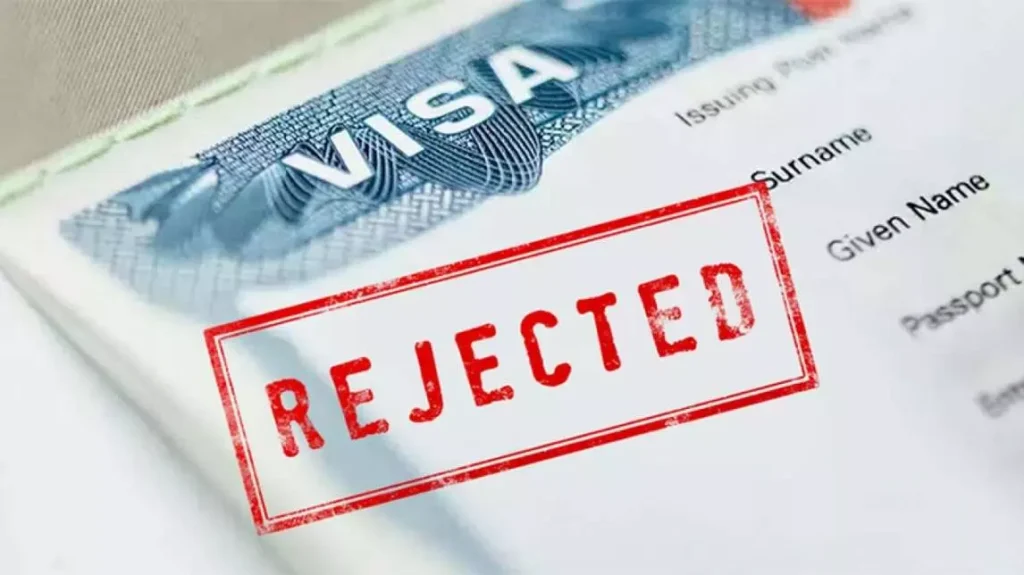Administrative Review: What It Means for Your Visa Application
What Is Administrative Review?
Administrative review is a process used by consular officers to gather additional information about a visa application. This information can come from sources beyond the documents submitted by the applicant, including:
- Online databases
- Embassy archives
- Direct requests for additional documents from the applicant (e.g., academic certificates, birth certificates)
How Should You Respond?
The first step is to stay calm and composed. The administrative review process is routine in many visa cases and does not automatically mean your application will be denied.
Documents You May Be Asked to Provide:
- Academic transcripts or certificates
- Birth certificate
- Marriage certificate
- Financial records
- Any other documents requested at the discretion of the consular officer
Being prepared to provide these documents promptly can help expedite the review process.
Who Requires an Administrative Review?
Applicants who may require administrative review often fall under specific categories, such as:
- Individuals whose background or profession requires additional verification
- Applicants whose information needs cross-checking with other databases
- Cases where incomplete or unclear documents were submitted
While anyone can undergo administrative review, the decision lies solely with the consular officer handling the application
What Are the Possible Outcomes?
After the administrative review, your application may result in one of two outcomes:
- Approval: The consular officer determines that you now meet the criteria for the requested visa.
- Refusal: The consular officer concludes that you remain ineligible for the visa.
It’s important to note that visa refusals under section 221(g) do not bar you from reapplying in the future.

How Long Does Administrative Review Take?
The timeline for administrative review varies depending on the complexity of each case. While most cases are resolved within a few weeks, others can take several months, and in rare instances, over six months.
Patience and preparation are key during this period. Ensure your contact information is up-to-date with the embassy in case they need to reach you for further clarification.
Understanding Section 221(g): How It Differs from Administrative Review
While often used interchangeably, 221(g) refusal and administrative review are not identical. A 221(g) refusal indicates that the consular officer requires additional information before deciding on your visa application. In some cases, this additional step involves administrative review.
Example Scenario:
In Nigeria, applicants using the Dropbox service for visa applications may receive a 221(g) refusal, requiring them to schedule an in-person interview at the embassy.
Receiving a 221(g) refusal or being placed under administrative review can be stressful, but it’s important to understand that these processes are routine and often resolvable.
For professional guidance and support during this process, reach out to our team. With our expertise, we can help you navigate these challenges and increase your chances of a positive outcome.


